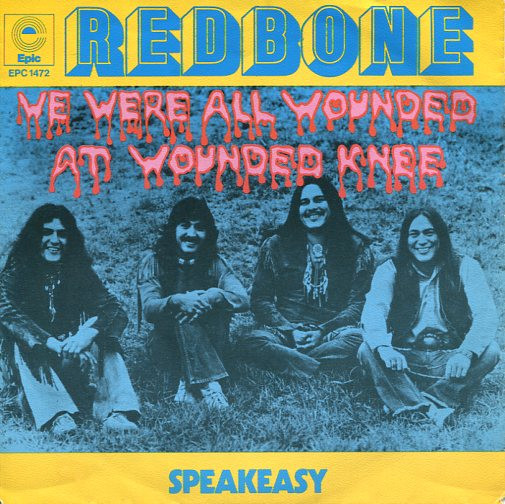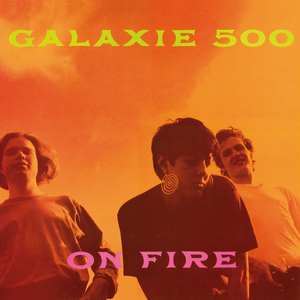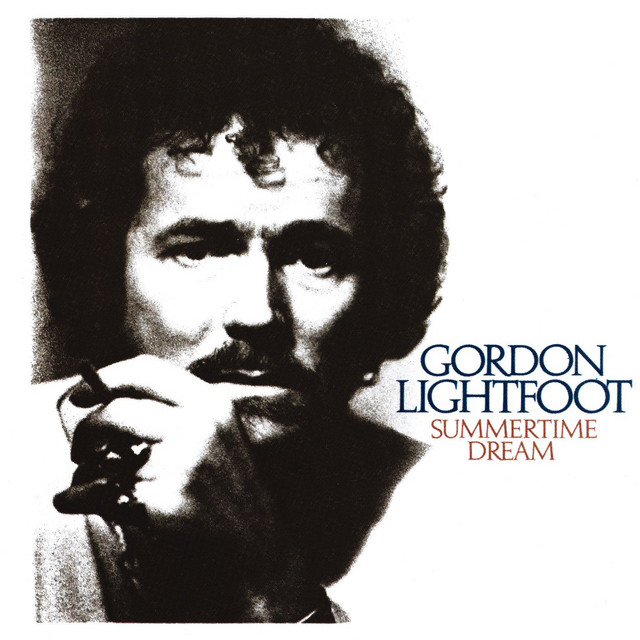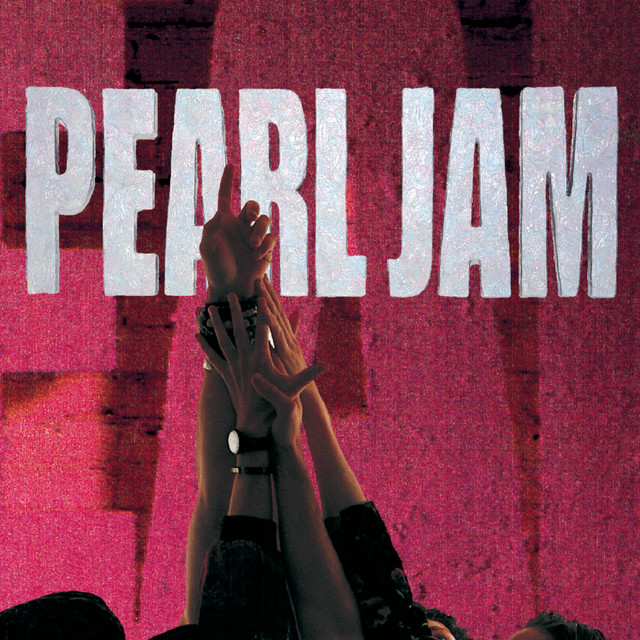Wounded Knee, South Dakota is a town that holds a lot of weight in the Indigenous community, as two massive events happened in the town. On Dec. 29, 1890, the United States Army killed over 250 Lakota as part of the genocide of Indigenous Americans in the middle of manifest destiny. Then, beginning on Feb. 27, 1973, members of the Oglala Lakota and the American Indian Movement occupied the town for 71 days in protest of the failure to impeach Richard Wilson.
Later in 1973, the legendary band Redbone released their song “We Were All Wounded at Wounded Knee,” recalling both the massacre and the occupation. The beat of the song is set by a medicine drum, a traditional Native American drum that can be heard across the various pow-wows found in the Great Plains. The chanting vocals that are found across the song help to keep the seriousness of the track, even with the guitar’s wobbly sound.
Despite how successful Redbone was at the time, this song was banned by several radio stations. That didn’t stop the song from topping the Dutch charts.
But why would this song be released close to the occupation of Wounded Knee? The answer is honestly simple; Redbone were supporters of AIM, with a majority of their early proceeds helping to fund the organization.
“We Were All Wounded at Wounded Knee” is chanted in the chorus, telling us that even though the massacre and occupation affected Indigenous peoples, everyone was harmed by those events. At the very end, Redbone changes the chorus to “We were all wounded by Wounded Knee,” further cementing the message that Wounded Knee affected everyone, not just the Indigenous Americans who were at those events.
As time moves forward, we can’t lose sight of the events that led us to where we are. As long as “We Were All Wounded at Wounded Knee” is played, these stories will continue to be told, and we will continue to remember the devastating effects that colonialism has on everyone to this day.






















